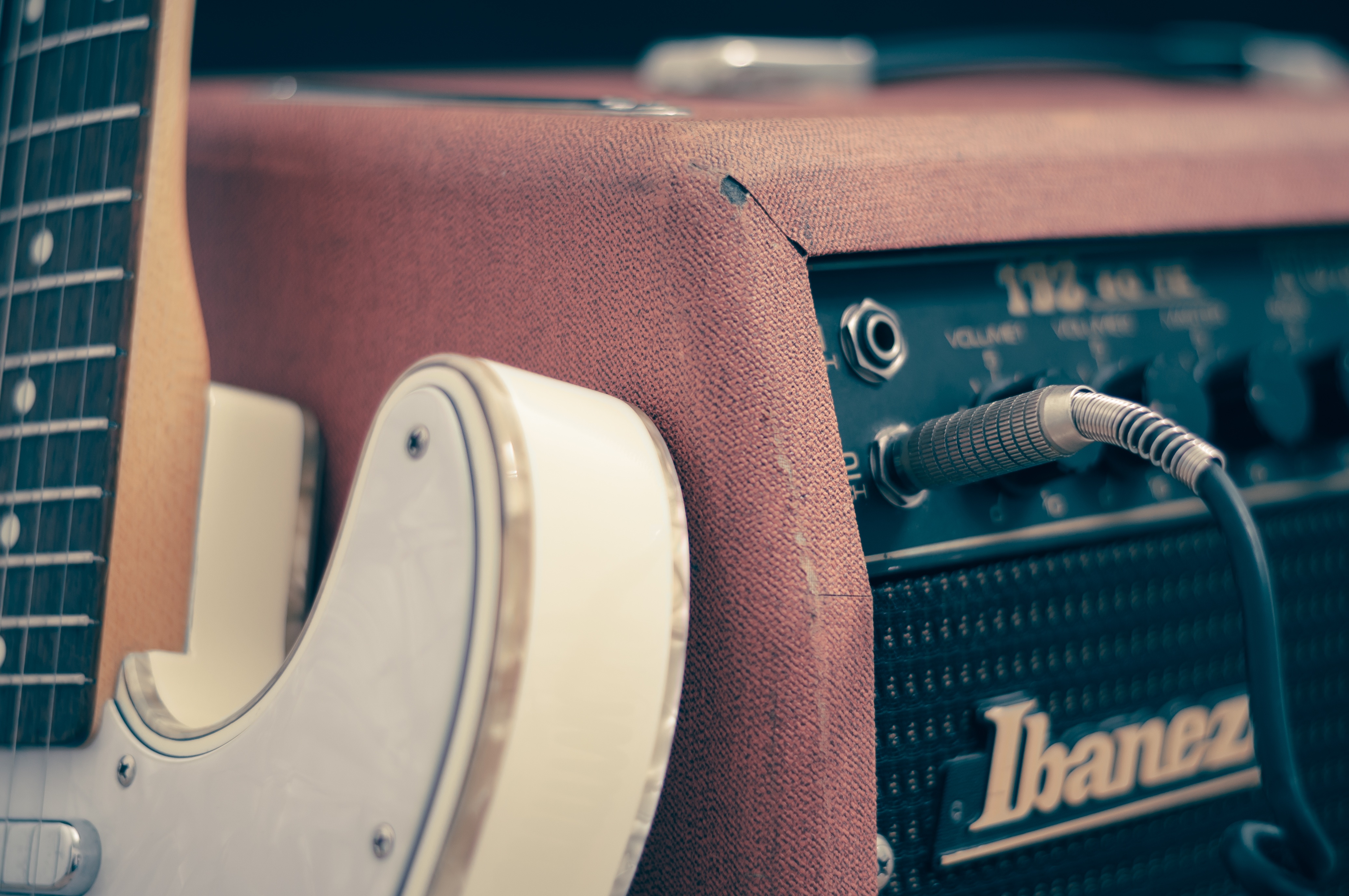Are Dyslexics Better Listeners?

I’m the first to admit it… I blurt out a comment, think ahead, and interrupt. It’s a bad habit that I’ve been trying to overcome my entire adult life. I really want to be a better listener and ultimately a better learner.
Listening is such a critical and necessary component
As for me, I plan to work on these 10 Steps to Effective Listening:
- Face the speaker and maintain eye contact.
- Be attentive.
- Keep an open mind to what you are hearing.
- Try to picture what the speaker is saying.
- Don't interrupt or impose your "solutions" on the speaker.
- Wait for the speaker to pause to ask clarifying questions.
- Try to feel and understand what the speaker is feeling.
- Pay attention to what isn't said—to feelings, facial expressions, gestures, posture
and other nonverbal cues. - Never interrupt the speaker… even if they drone on and on.
- Wait for it... discussion time is the right time to bring up your point of view.
Listening. It’s a worthy goal. What do you think?
Free Dyslexia Webinar:
“Dyslexia: From Symptoms to Solutions,” presented by Reading Horizons Dyslexia Specialist, Shantell Berrett.
View the free dyslexia webinar! ›
Learn how Reading Horizons structured literacy framework helps students with dyslexia improve their reading skills in our elementary reading program and reading intervention program.